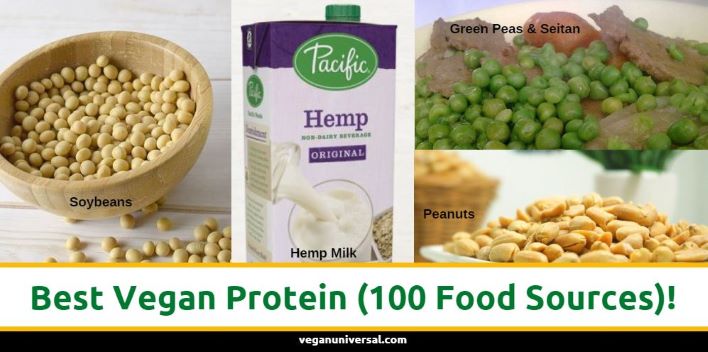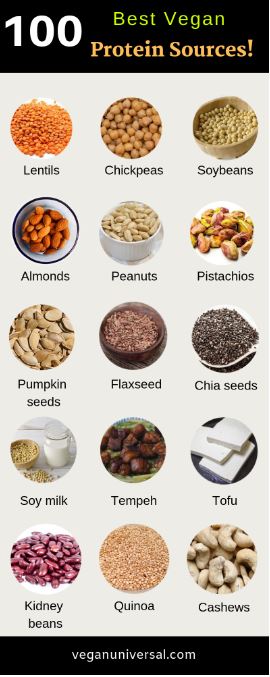
Vegan Protein Powder Made with 6 Real Food Ingredients!
If your protein powder is full of additives or tastes like chalk, you haven’t heard of Drink Wholesome Vegan Protein Powder. The New Hampshire start-up makes a delicious peanut butter chocolate vegan protein powder with just 6 real food ingredients: chickpeas, peanuts, coconut, cocoa, sea salt, and monk fruit. We list these ingredients – in big, bold font – on the front of the package. What you see is what you get, no funny business.
You won’t find artificial sweeteners, colors, preservatives, anti-caking or gelling agents, emulsifiers, stabilizers, or thickeners in our protein powder.
Drink Wholesome’s additive-free plant-based protein powders were formulated with endurance athletes in mind. “We don’t use ingredients you can’t pronounce, or find in your kitchen”. I formulated Drink Wholesome’s recipes while ski racing in college, “I was looking for a protein powder without added junk that actually tastes good. When I could not find one, I made my own”.
Drink Wholesome launched during the COVID-19 pandemic, and hopes to release more flavors this year, including highly-anticipated matcha and vanilla flavors. 14 servings of our vegan protein powder costs $26.60 with free shipping, or $23.94/month if you subscribe. You can order free samples.


 In the past, if people were talking about protein they meant meat, unlike today where the general perception of plant proteins has drastically evolved.
In the past, if people were talking about protein they meant meat, unlike today where the general perception of plant proteins has drastically evolved. 


